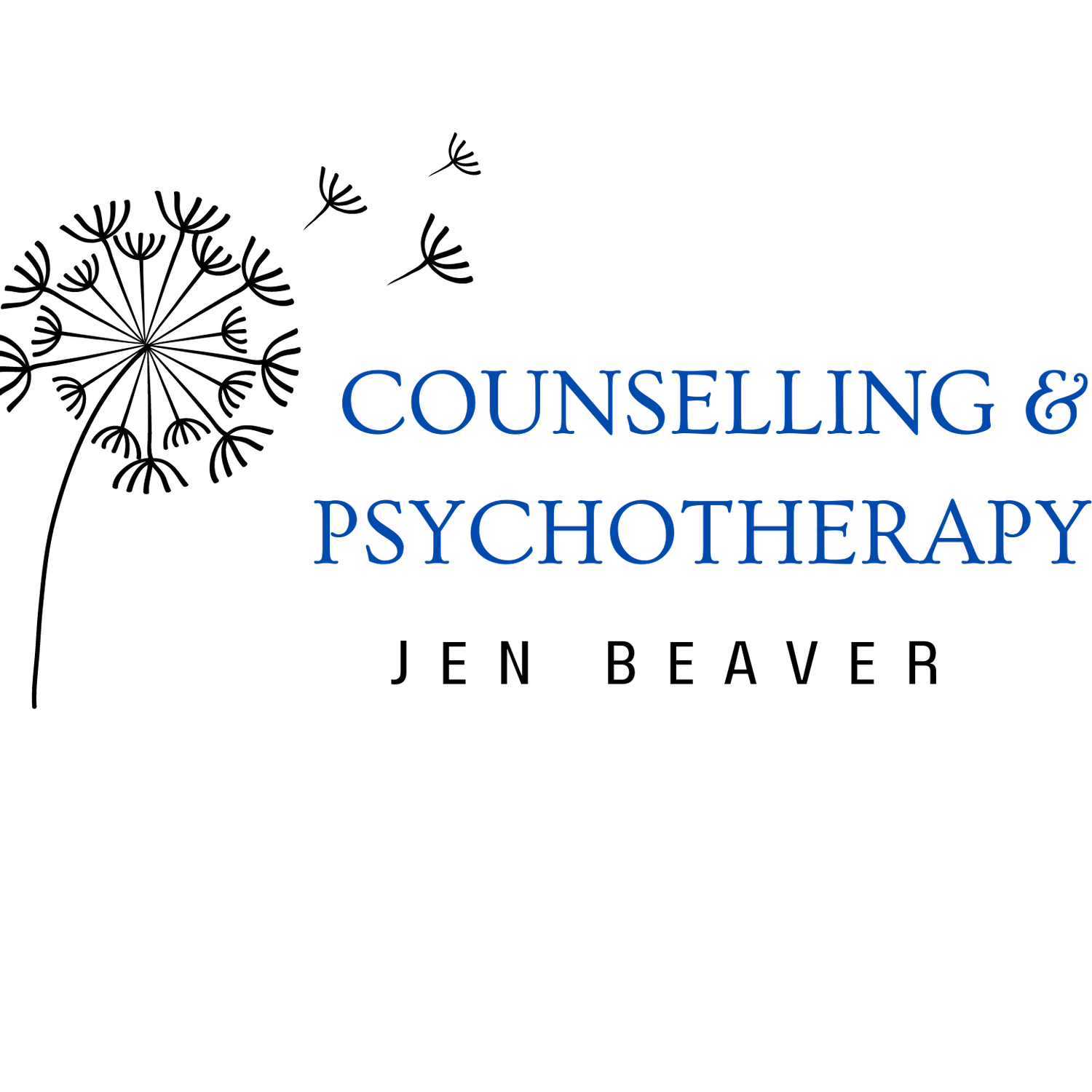Climate & Generational Gap
The Climate Crisis and Mental Health: Bridging the Generational Gap
Introduction:
The climate crisis is not only an environmental issue but also a significant concern for mental health. The impact of climate change can be felt across generations, with young people and older adults experiencing unique challenges and concerns. In this article, we will explore the intersection of the climate crisis and mental health, highlighting the generational differences and the importance of bridging the gap to address these shared concerns.
1. Young People: Anxiety and Eco-Anxiety:
Young people today are growing up in a world where the effects of climate change are becoming increasingly evident. They are witnessing extreme weather events, rising sea levels, and the loss of biodiversity. This exposure can lead to anxiety and eco-anxiety, a specific form of anxiety related to the environment. Young people may feel overwhelmed by the magnitude of the crisis and the uncertainty of their future. It is crucial to provide them with support, education, and opportunities for activism to empower them to take action and cope with their anxiety.
2. Older People: Grief and Loss:
For older adults, the climate crisis can evoke feelings of grief and loss. They have witnessed the changes in the environment over their lifetime and may mourn the loss of familiar landscapes, species, and a sense of stability. Older adults may also worry about the legacy they are leaving for future generations. It is essential to acknowledge their experiences and provide spaces for them to share their stories and wisdom. Engaging older adults in climate action can help them find purpose and hope in making a positive impact.
3. Bridging the Generational Gap:
To address the climate crisis and its impact on mental health, it is crucial to bridge the generational gap and foster intergenerational dialogue and collaboration. Young people can learn from the experiences and wisdom of older adults, while older adults can benefit from the energy and fresh perspectives of the younger generation. By creating spaces for meaningful conversations, mentorship programs, and joint initiatives, we can foster understanding, empathy, and collective action.
4. Building Resilience and Coping Strategies:
Both young people and older adults can benefit from developing resilience and coping strategies to navigate the mental health challenges associated with the climate crisis. This can include practicing self-care, seeking support from mental health professionals, engaging in nature-based therapies, and participating in community resilience-building activities. By building individual and collective resilience, we can better cope with the emotional toll of the climate crisis and work towards sustainable solutions.
5. Advocacy and Action:
Taking action is a powerful way to address the mental health impacts of the climate crisis. Young people can engage in youth-led movements, advocate for policy changes, and participate in climate activism. Older adults can use their influence and experience to support and amplify the voices of young activists. By working together, we can create a sense of agency, hope, and purpose, which are essential for mental well-being in the face of the climate crisis.
Conclusion:
The climate crisis affects mental health across generations, with young people experiencing anxiety and eco-anxiety, and older adults grappling with grief and loss. By bridging the generational gap, fostering dialogue, and engaging in collective action, we can address these shared concerns. Building resilience, practicing self-care, and advocating for sustainable solutions are crucial steps towards protecting mental health in the face of the climate crisis. Together, we can create a future that is both environmentally and mentally sustainable.
